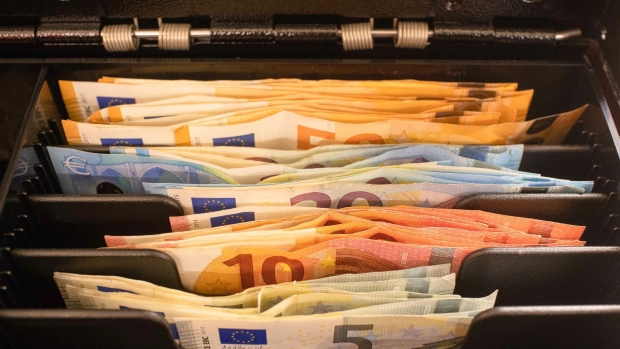Jan 31, 2023
Spanish Government, Unions Agree to Increase Minimum Wage 8%
, Bloomberg News

(Bloomberg) -- Spain will raise its minimum wage by an inflation-busting 8% after the government and unions struck a deal, brushing aside calls from business groups to refrain from increases at a time of economic uncertainty.
Prime Minister Pedro Sanchez, who faces a battle for reelection this year, has faced fierce opposition on the issue from industry lobby groups, which had walked away from talks in recent days.
The hike isn’t just a win for worker, it’s also likely to be a boost for Labor Minister Yolanda Diaz. Increasing pay for low earners was a key part of her pledge before joining the government in 2020 as a junior coalition partner member. The minimum wage has increased four times since 2020.
A Communist labor lawyer with strong ties to unions, she has become one of Spain’s most popular politicians and is widely expected to run for prime minister as a far-left candidate later this year. Her popularity has in part been built around her perceived ability to seal broad agreements with workers representatives and business groups, though that hasn’t happened with the latest wage talks.
“This is an important day for workers in our country,” Diaz said on Twitter, adding that the basic salary would rise to €1,080 ($1,175) this year. That means it will be equal to 60% of the average salary, a level the government had committed to reach.
Business groups claim that the jump in pay in recent years is putting added pressure on small firms amid broader economic problems, including inflation and soaring energy prices.
Spain’s inflation rate unexpectedly accelerated to 5.8% in January, according to data on Monday, ending five months of declines. It had reached double digits last summer.
Sanchez and his fellow Socialist ministers in the government have fully embraced Diaz’s strategy of increasing the minimum pay, after the idea faced initial push back from Economy Minister Nadia Calvino in the initial days of the coalition government.
--With assistance from Zoe Schneeweiss.
©2023 Bloomberg L.P.







